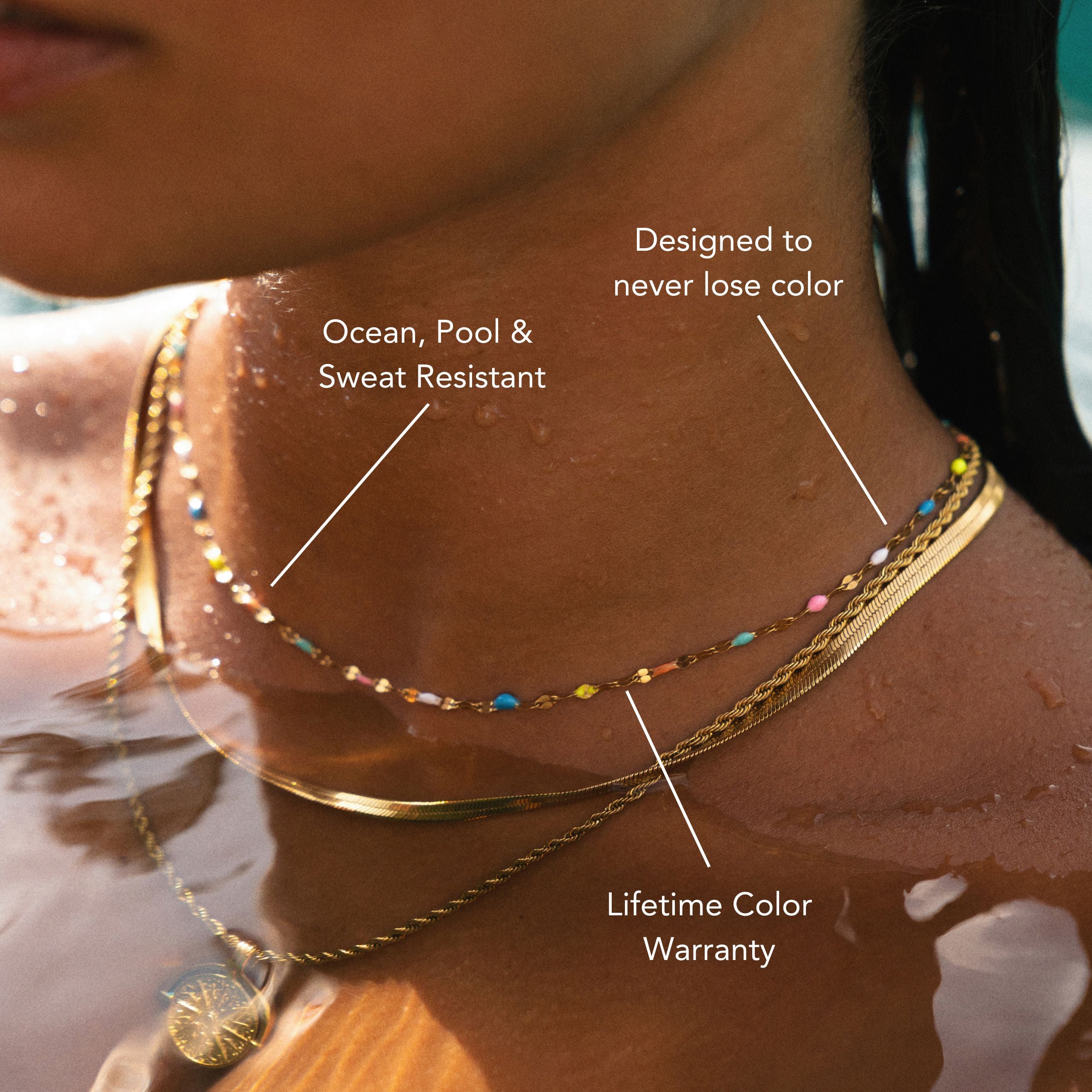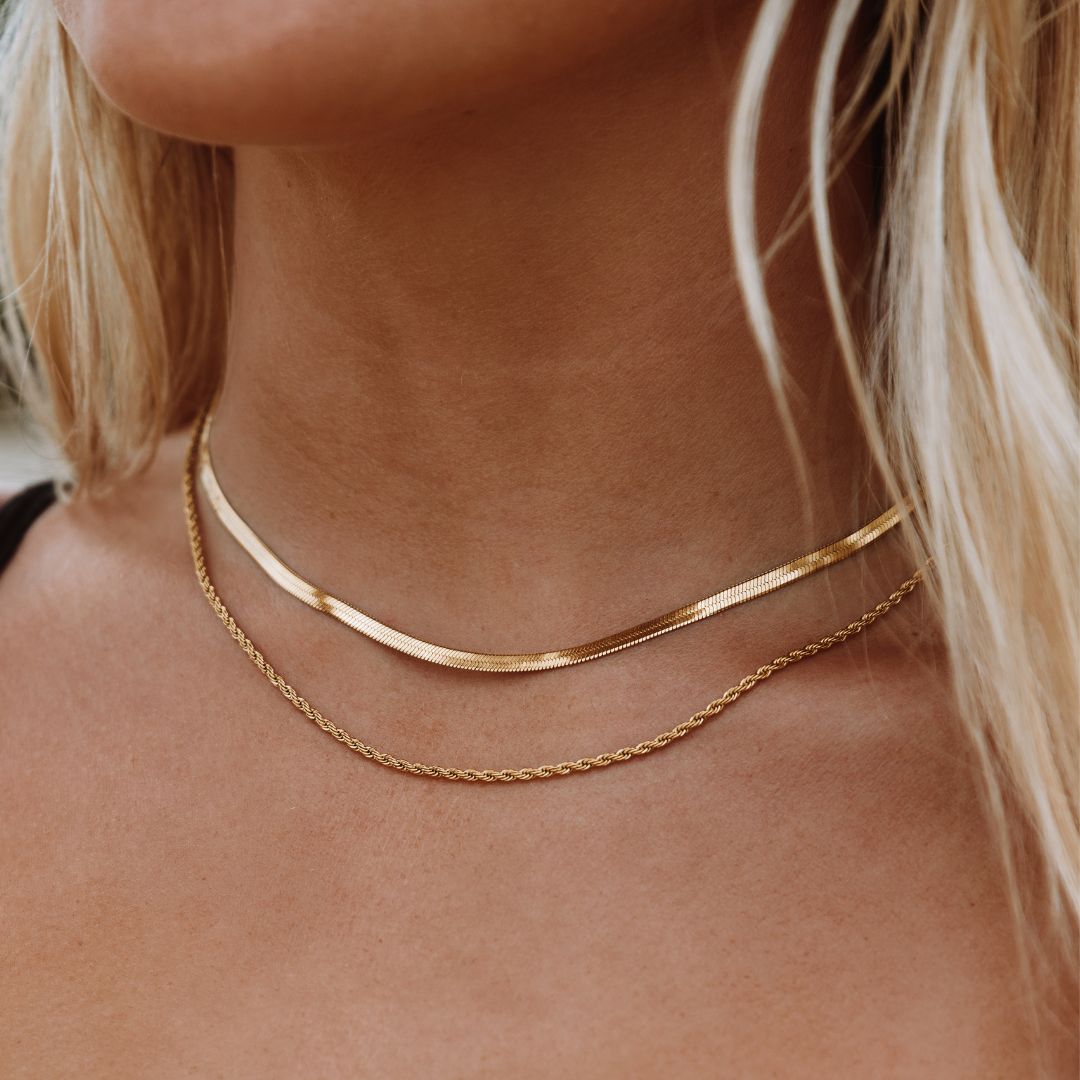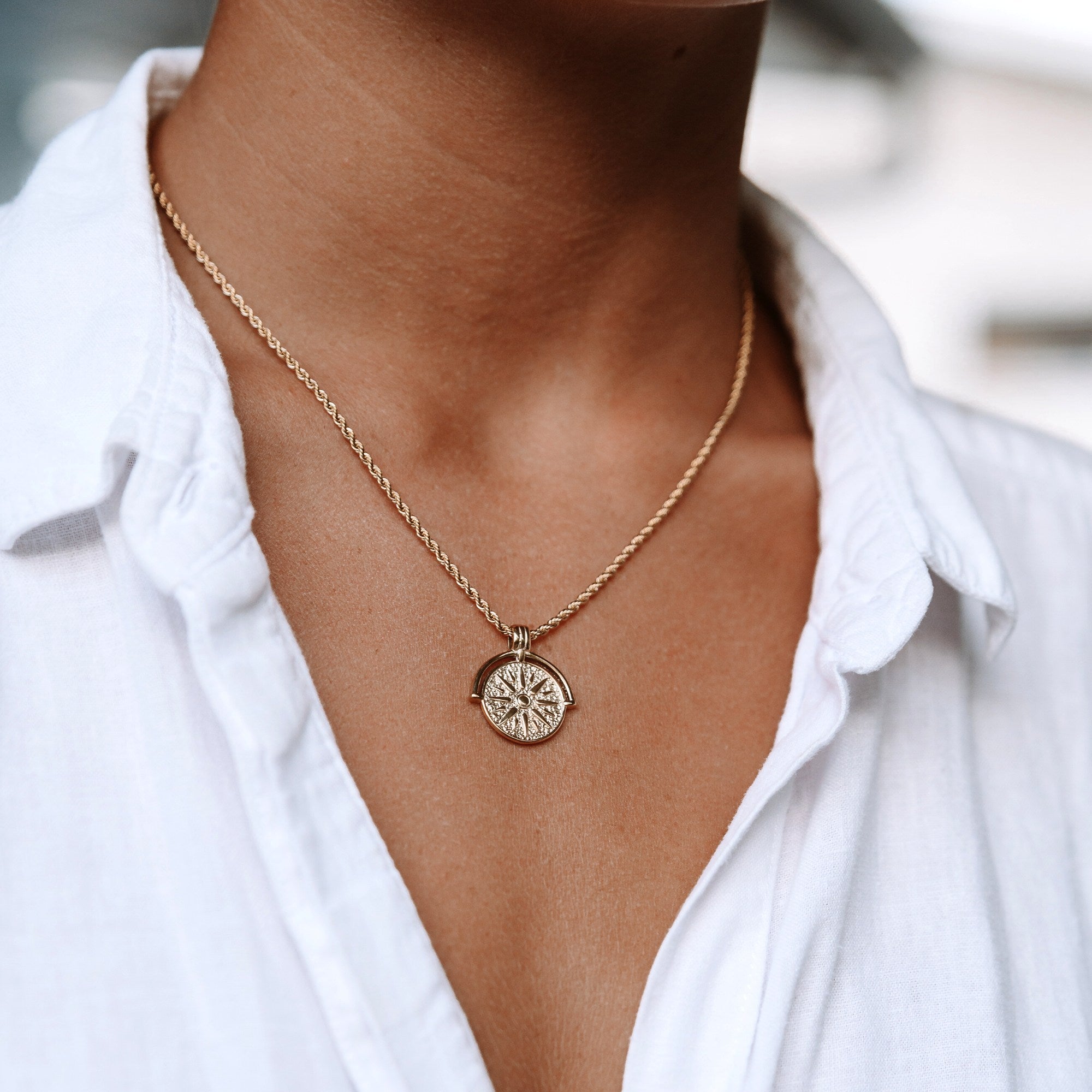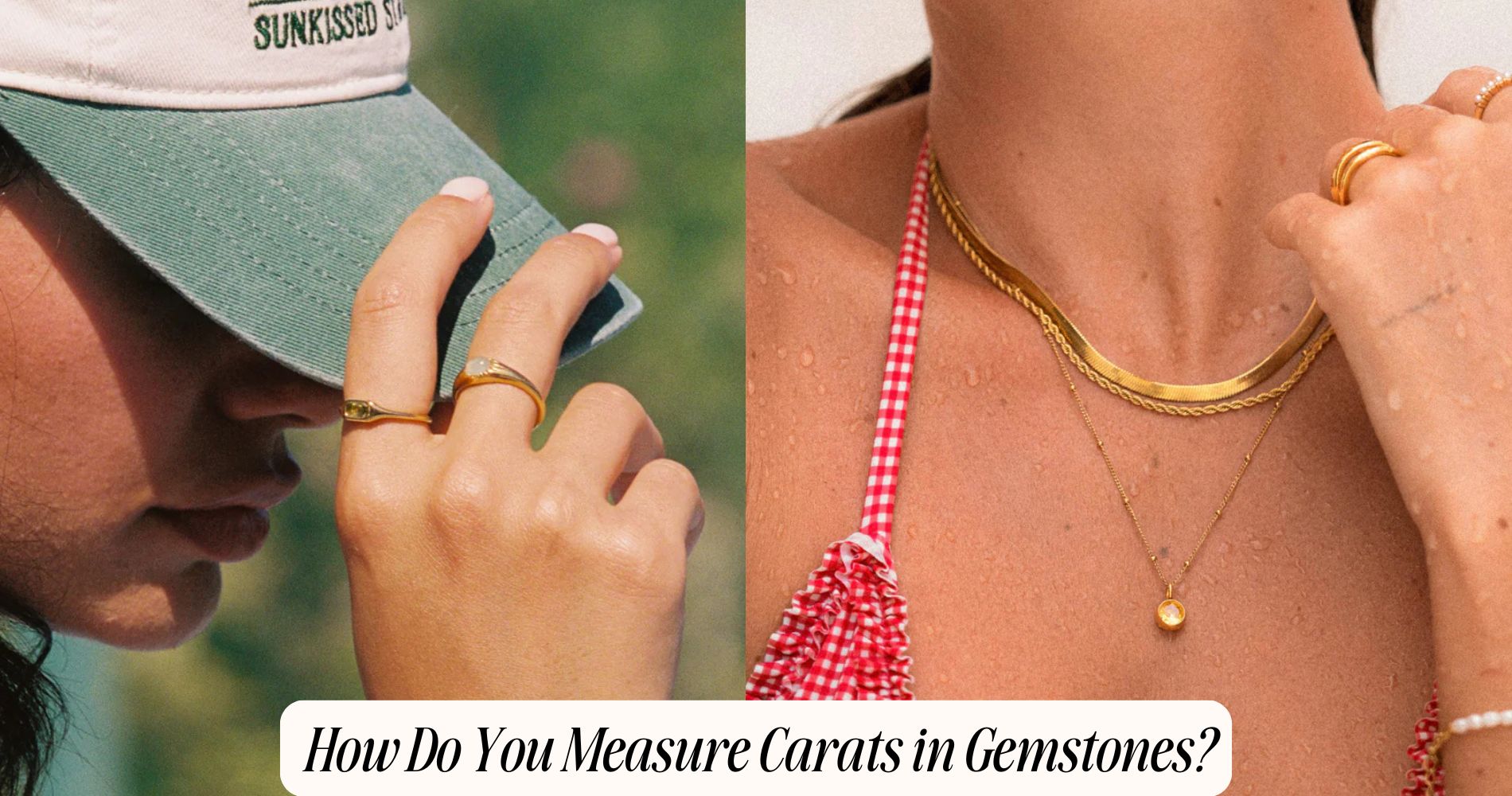
What Is the Jewelry? Discover the Real Meaning Behind It
What is the jewelry if not a reflection of history, identity, and human creativity? It's far more than decoration—each piece is a symbol of personal meaning, cultural tradition, and timeless craftsmanship. For thousands of years, jewelry has marked milestones, expressed beliefs, and connected people across generations. Today, even modern designs like waterproof jewelry carry that legacy forward, merging style with purpose. Look closely, and you’ll see that every ornament tells a story woven from the rich fabric of human experience.
The Historical Roots of Jewelry
Although jewelry dazzles in modern fashion, its origins trace back thousands of years, revealing the deep connections between adornment and ancient cultures.
When you examine ancient artifacts, like shell beads from Africa or Mesopotamian gold earrings, you see how early societies valued jewelry for more than beauty. Each piece demonstrates evolving craftsmanship techniques—stone drilling, metal forging, and filigree work—that signaled technological progress in their era.
As you follow history chronologically, you’ll notice how jewelry shifted from primitive organic materials to refined metals and gems, mirroring changes in resource availability and societal sophistication.
These artifacts tell you about ancient trade, social status, and technological exchange. By appreciating their craftsmanship, you gain insight into both the ingenuity and aspirations of people across civilizations.
Symbolism Woven Into Every Piece
Because jewelry has always been more than mere ornamentation, every era has infused its pieces with layers of meaning that reach far beyond aesthetics.
When you look at ancient amulets, you’ll see how mythical meanings were embedded in every detail—think of scarabs in Egypt representing rebirth or Greek talismans invoking protection from the gods.
Over centuries, artisans have crafted symbols to convey spiritual significance, such as crosses in medieval Europe or the lotus in ancient Asia.
Even in the Renaissance, gemstones weren’t just prized for beauty; they signified virtues like courage or fidelity.
As you trace jewelry’s evolution, you’ll realize these motifs were never random. Each era reflects a unique blend of belief and artistry, ensuring every piece tells a silent, powerful story.
Cultural Significance Around the World
The story of jewelry’s meaning extends across continents, with each culture weaving unique traditions and values into its adornments.
When you examine traditional adornments in Ancient Egypt, for example, you'll see how they reflected social status and spiritual beliefs.
In India, jewelry’s deep roots in cultural rituals span centuries, from bridal sets symbolizing marital unity to amulets believed to ward off evil.
Moving through time, you’ll notice how indigenous communities in Africa and the Americas have used beadwork and metalwork to express identity, clan ties, and ancestral reverence.
Even today, these historical influences remain visible.
As you encounter jewelry from different eras and regions, you’re not just seeing decoration—you’re witnessing a living archive of belief systems, social structures, and cultural evolution.
Jewelry as a Marker of Life’s Milestones
Many of life’s pivotal moments become tangible through the exchange or gifting of jewelry, transforming abstract milestones into lasting symbols. When you slip an engagement ring onto a loved one’s finger, you’re marking the beginning of a commitment that shapes your future. This tradition dates back centuries, with rings serving as promises of union and fidelity.
Similarly, graduation gifts such as a watch or pendant do more than celebrate academic achievement—they crystallize your journey and progress, carrying memories of years dedicated to growth. Across cultures and eras, these pieces act as visible markers of change: from child to adult, single to partnered, student to graduate.
Personal Expression and Identity
While trends shift across generations, jewelry consistently offers a powerful way to express your individuality and values. Throughout history, people have used jewelry as more than mere ornamentation—it’s a reflection of who you are.
From intricate Victorian lockets to modern minimalist rings, each era has seen new self expression styles emerge. By choosing specific pieces, you make individuality statements that set you apart, whether it’s a bold necklace that signals confidence or subtle studs that hint at your understated taste.
You might follow cultural motifs or invent your own signature look, but every choice communicates something unique. Jewelry lets you curate your identity visually, adapting your style as you evolve.
Ultimately, your selections reveal much about your character, beliefs, and personal journey.
The Emotional Value Behind Jewelry
Sentiment often imbues jewelry with significance beyond its material value, transforming simple objects into treasured keepsakes. When you receive a ring from a loved one or inherit a necklace from a grandparent, you’re not just acquiring metal and gemstones—you’re embracing sentimental attachments formed through personal connections.
Over generations, jewelry becomes a vessel for cherished memories, marking milestones like weddings, graduations, and anniversaries. Each piece can recall a specific moment or emotion, allowing you to revisit the past every time you wear it.
Across cultures and eras, people have used jewelry to honor relationships and commemorate life events. This emotional value endures, far outlasting trends or market prices, ensuring that jewelry’s true worth lies in the stories and feelings it preserves for you.
Frequently Asked Questions
What Materials Are Commonly Used to Make Jewelry?
You’ll find jewelry crafted from gold alloys, silver, and platinum, often adorned with precious stones like diamonds or sapphires. Historically, artisans used materials from shells to metals, but today, modern techniques highlight durability and aesthetic brilliance.
How Should I Properly Care for My Jewelry?
To properly care for your jewelry, start by using gentle cleaning techniques like mild soap and water. Over time, prioritize secure storage solutions—use soft pouches or lined boxes—to prevent scratches and tarnish, preserving your pieces’ beauty.
Is Costume Jewelry Less Valuable Than Fine Jewelry?
You’ll find costume jewelry is generally less valuable than fine jewelry due to its materials—often base metals and glass. Historically, fine jewelry’s precious metals and gemstones have guaranteed higher value, both monetarily and sentimentally, across generations.
How Can I Tell if a Gemstone Is Real or Synthetic?
To master gemstone identification, start by examining clarity and inclusions—natural stones often have flaws, while synthetic gemstone characteristics include uniform color and fewer imperfections. Over time, you'll notice real gems feel colder and weigh more than synthetics.
What Are the Latest Jewelry Fashion Trends?
You're seeing sustainable jewelry surge as consumers demand ethical sourcing. Vintage styles, especially bold 1980s pieces, are back in vogue. Recently, layering delicate chains and mixing metals have defined chic looks, emphasizing individuality and environmental responsibility.
Conclusion
When you trace jewelry’s evolution from ancient amulets to modern heirlooms, you see it’s never just decoration. It’s a reflection of history, culture, and personal milestones. Around the world, every piece carries meaning—identity, status, love, or memory. As you choose or wear jewelry, you’re connecting with centuries of tradition and symbolism, while also expressing who you are today. In every era, jewelry has shaped—and continues to shape—the story you tell the world.
























Leave a comment
This site is protected by hCaptcha and the hCaptcha Privacy Policy and Terms of Service apply.